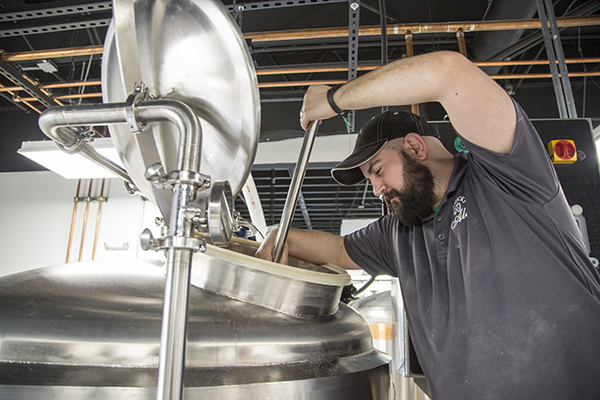
As the amount of American craft breweries opening continues to rise, the need for a skilled workforce within the industry also is on the move.
In the past few weeks alone, a number of universities have announced the inclusion of different aspects of education that will help the craft brewing industry.
Eastern Michigan University is starting a four-year fermentation science program in the fall; Alltech Brewing and Distilling has opened a student lab brewery on the campus of Western Kentucky University and Southern Illinois University will begin classes this summer for its Bachelor of Science in brewing.
Graduates of these programs can help positively impact the craft beer industry, not just in the making of beer, but in fields such as Quality Control, Yeast Fermentation, even business planning, integrating a brewpub with a brewery and multiple other facets.
For Alltech, which is expanding in Lexington along with other branches broadening from its distillery side as well, it means more qualified workers for jobs that are going to be created soon. “Those places are going to need qualified brewers,” said Pete Weiss, advertising and communications coordinator at Alltech. “We will be able to push those students to what is available.”
Breweries that work with universities will also see the added benefit of being able to use on-campus labs to improve quality or set up research projects that students can learn from. It also will introduce those future employers to possible candidates for job openings even before a cover letter hits their inbox.
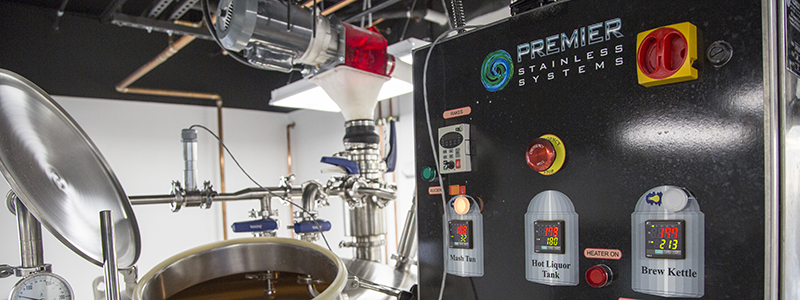
“What we hope happens for the majors is that they will be working with community partners and using what they learn in the field,” said Eastern Michigan chemistry professor Gregg Wilmes. “Not only is the student working, but they are facilitating with us and we can focus some of our academic research into that as well.
“We are hoping to have a nice cycle of us to the students to the industry and back again.”
EMU will focus on multiple aspects of fermentation, including wine, cider, yogurt, bread, cheese, sausage and kimchi along with non-food fermentation such as ethanol and pharmaceutical products.
“A good portion will be current students in biology or chemistry already and they will pick this up as a minor,” Wilmes said, noting that 17 students have already signed up for the first class this fall: FERM 101. Some have already indicated that they would like to transfer to Eastern for the program, while Wilmes and co-creator of the program, Professor Cory Emal, both indicated that they will have open arms to breweries that are looking to enroll brewers that may want to expand on their current fermentation science knowledge.
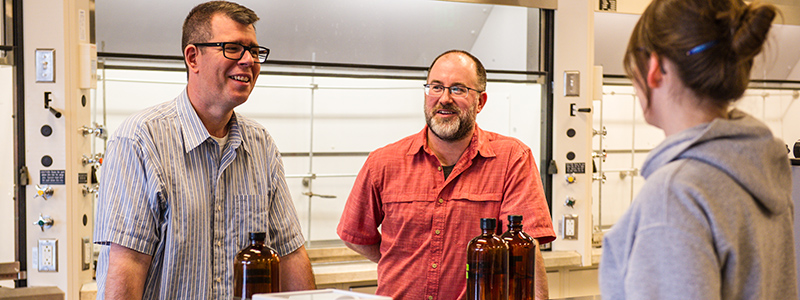
“FERM 101 … is a broad introduction to what is going on at a chemical and biological level in all types of fermentation,” Emal explained. “It will not have a science requirement to take the class. It’s a good introduction and a marketing tool for the program to get students to learn more about science.”
Eastern Michigan’s lab will be put to use to help train QC/QA prospects as well. Most the equipment is already on hand with more technical pieces that may even be out of the range of anything other than the country’s biggest breweries will be available, not just for student use, but for breweries looking to work with the university as well.
“We want to integrate a lot of the analysis of what the TTB looks for in certification,” Emal said. “So if someone came to the program and wants to set up a TTB certificated lab, they would be familiar with all those tests.
“A lot of the instrumentation, not all the breweries could afford, but we think that will be a good selling points for our graduates, that they can get familiar with these more broadly accepted analysis.”
The addition of these programs, and others than have popped up over the last few years indicate a strong effort in capitalizing and monetizing craft beer’s product to higher standards.
“With this growing education aspect, the need for quality and consistency will go up,” Weiss said. “No one wants to go back for the same beer and come up with something that tastes different each time. You want to be able to show these students how to produce a quality beer.”



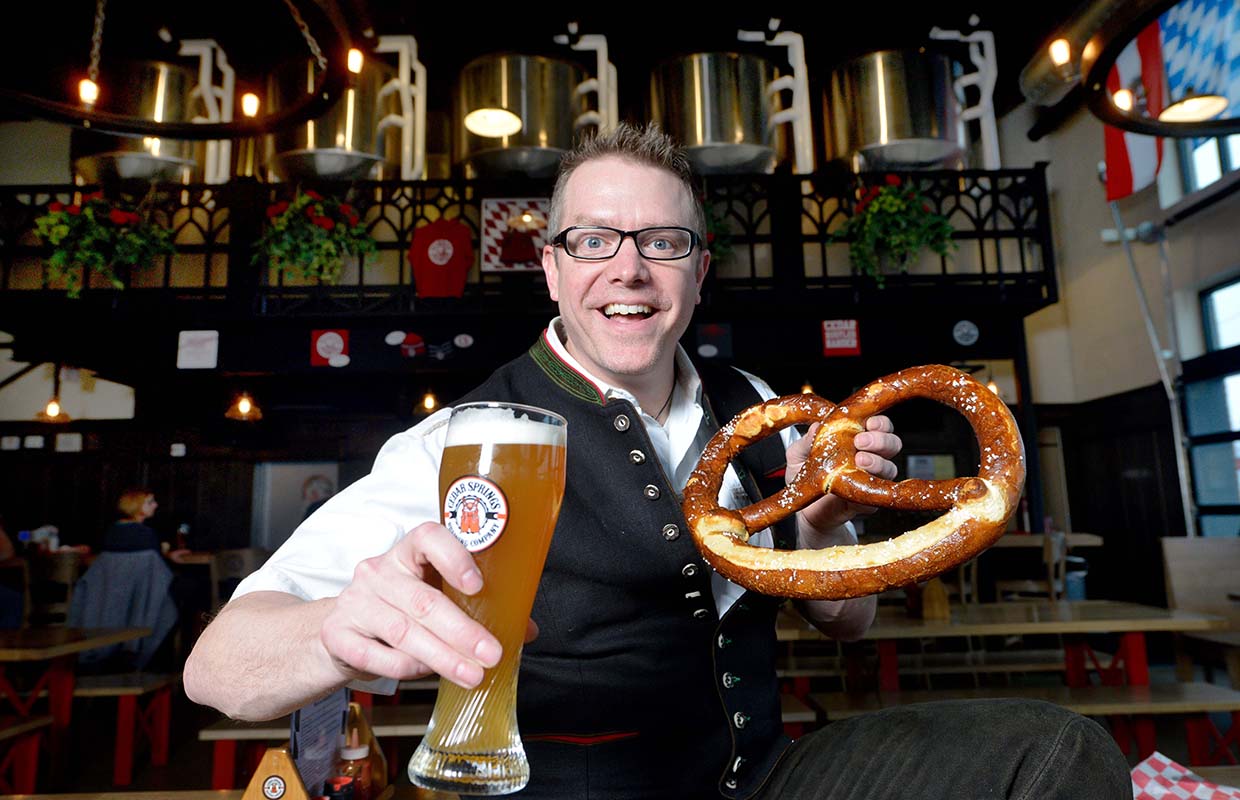
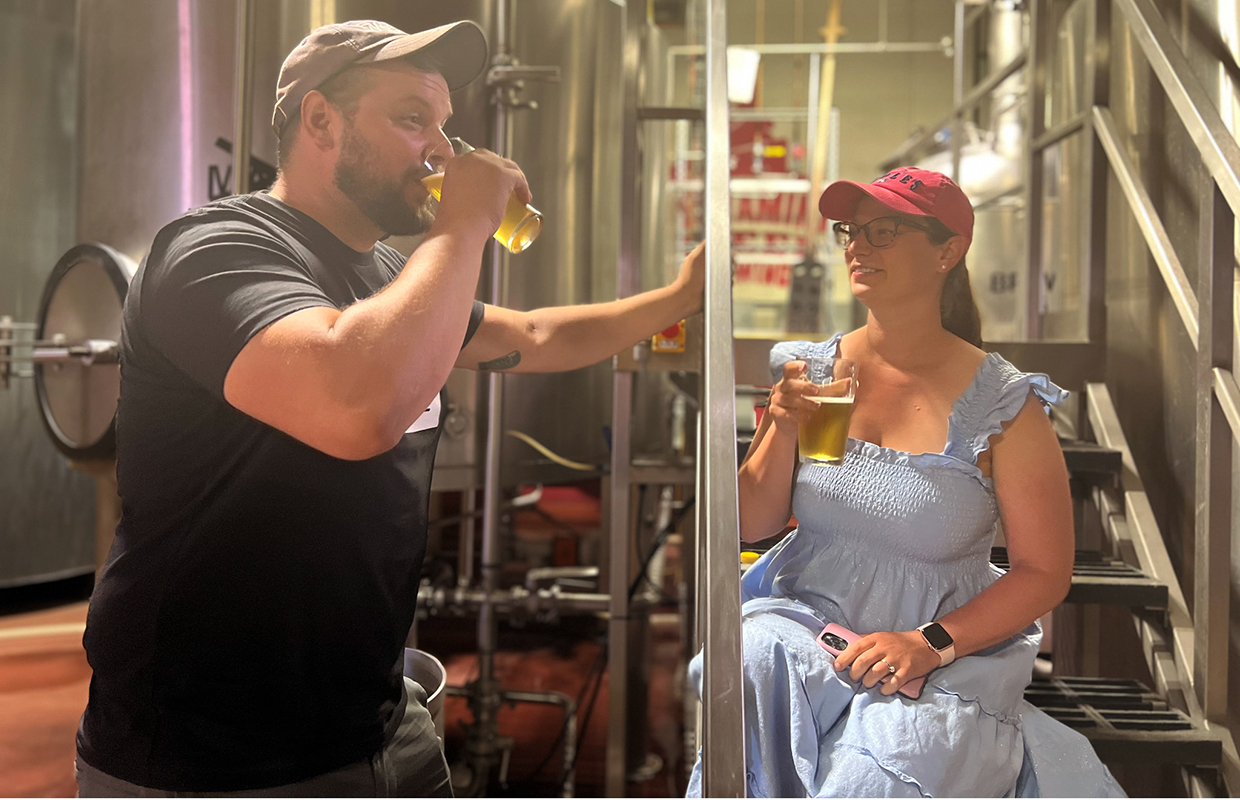
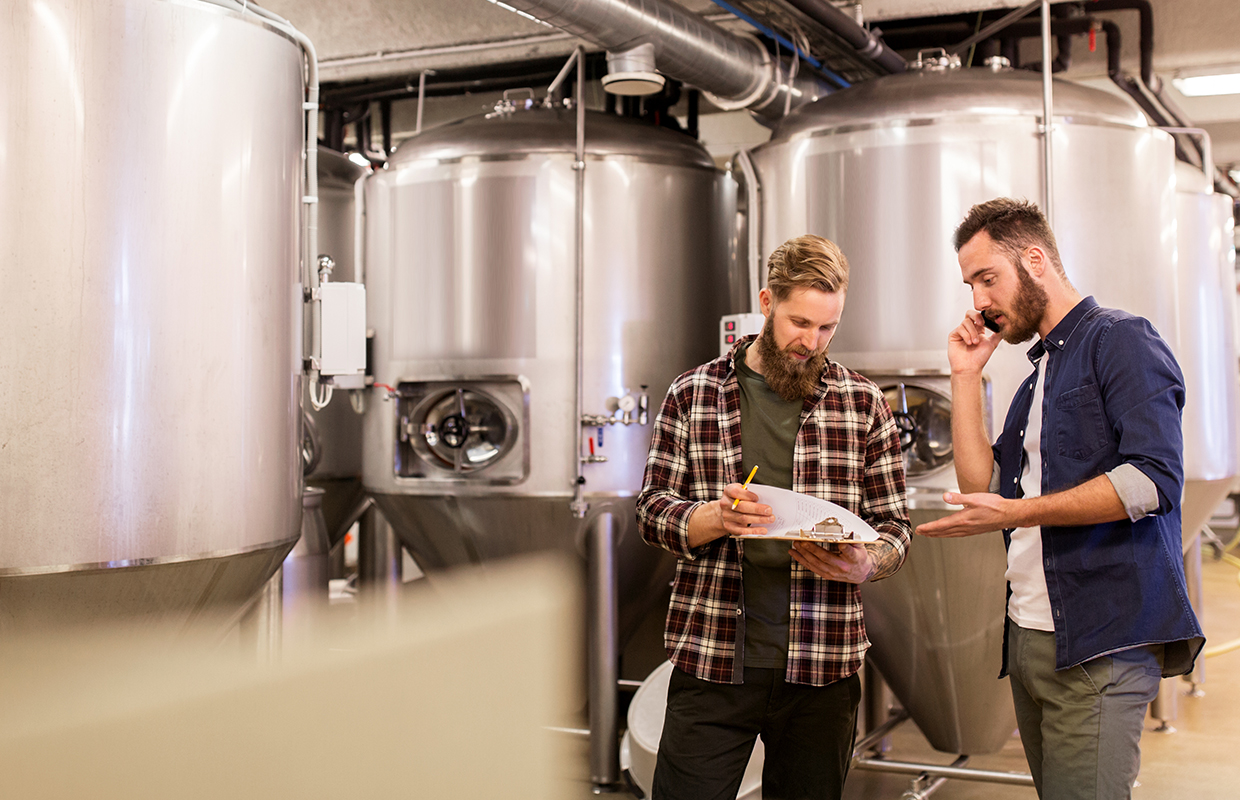
Be the first to comment